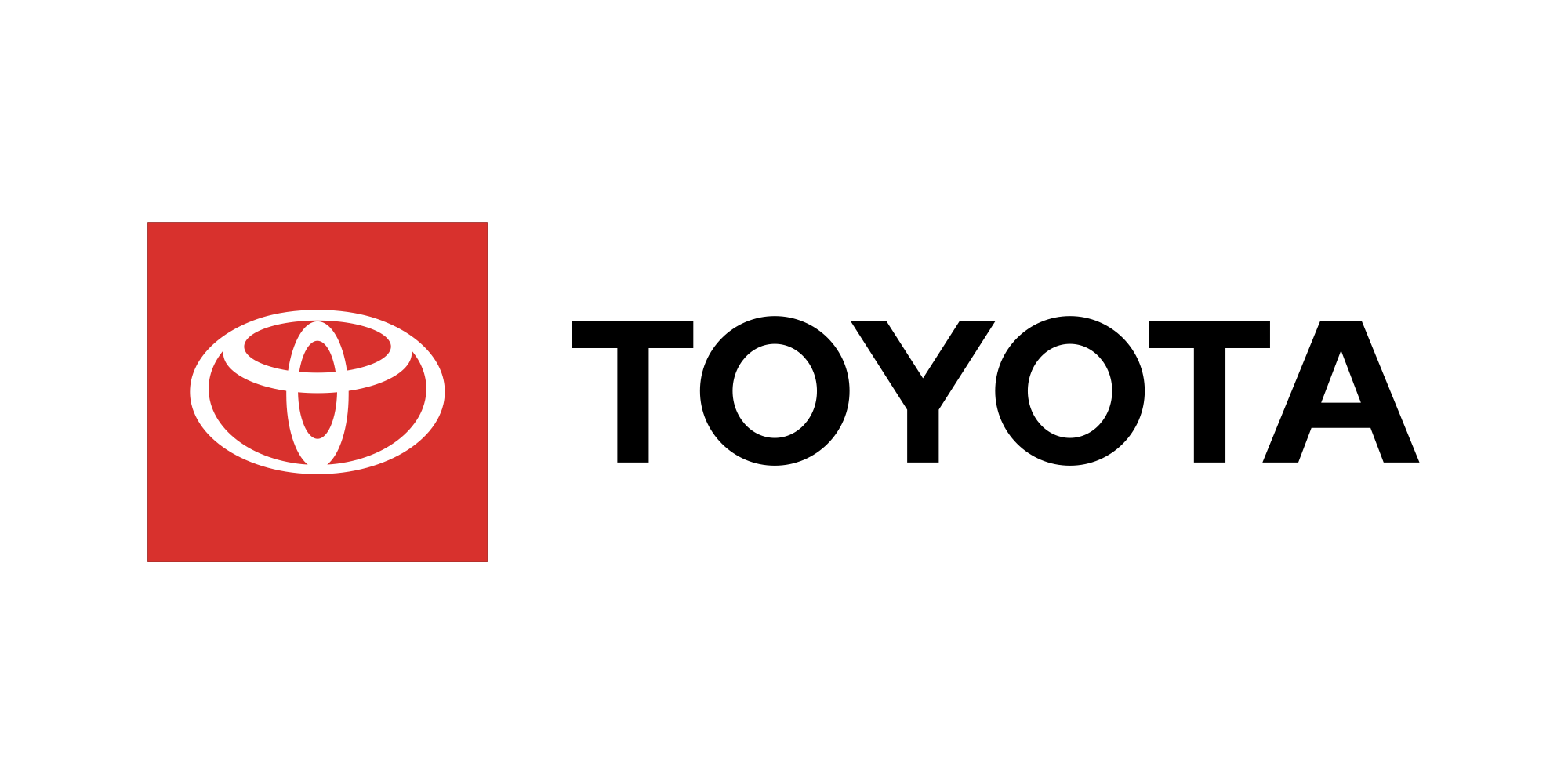
AI-Powered Targeting Model for Direct Mail Campaigns
CVM helped Toyota Canada build an AI-powered targeting model for direct mail campaigns focused on parts and service customers, resulting in higher response rates, reduced costs, and improved dealership engagement.
Problem
Toyota Canada runs regular direct mail campaigns to engage existing customers for parts, service, and maintenance offers. These campaigns aim to drive dealership visits, increase service retention, and promote seasonal offers (e.g., tire changes, inspections, battery replacements).
Historically, targeting for these campaigns relied on static rules—such as time since last visit or vehicle age—which limited personalization and often led to:
- Over-mailing low-intent customers
- Missed opportunities with high-value customers due for service
- High costs with unclear return on marketing investment
Toyota needed a smarter, more dynamic targeting system to identify which customers were most likely to respond to specific parts and service offers—without increasing data or compliance risks.
Solution
CVM partnered with Toyota Canada to build a machine learning-based targeting model for after-sales customers, enabling more precise, cost-effective outreach.
Key components of the solution:
-
Neural Network Modeling in PyTorch
Developed a custom predictive model using PyTorch to score customers based on their likelihood to book a service appointment after receiving a mail offer. Input features included service history, vehicle age, past offer engagement, mileage estimates, seasonal factors, and communication behavior. -
Integrated Data Ecosystem
Combined data from Toyota’s service, marketing, and sales databases to build a unified dataset for training and scoring. -
Privacy-Centric Design
Data was pseudonymized throughout the process, with governance frameworks in place to meet Canadian privacy standards and Toyota’s internal compliance policies. -
Automated Scoring Pipeline
Created an automated scoring pipeline that runs before each campaign, enabling real-time list generation and flexible segmentation based on likelihood thresholds and business rules.
Impact
-
Significantly Improved Response Rates
Campaigns driven by AI-based targeting achieved 2 to 3 times higher response rates compared to traditional static targeting methods. -
Cost Reduction
Mailing fewer low-probability contacts reduced campaign costs while maintaining or increasing total bookings. -
Increased Service Retention
Dealerships reported improved re-engagement from lapsed customers, especially during key seasonal campaigns. -
Repeatable, Scalable Process
The model can now be reused and retrained across regions and campaigns, supporting continuous improvement and easy adaptation to new service offers.
Key Takeaways
- AI Makes After-Sales Marketing Smarter: Machine learning enables more effective service engagement by targeting the right customer at the right time.
- Data Integration Matters: Unified CRM, service, and campaign data unlocks powerful insights when used in predictive models.
- Built-in Privacy Builds Trust: Privacy-aware data design was central to stakeholder alignment and long-term sustainability.